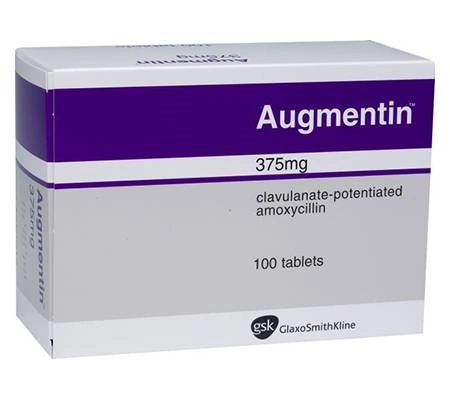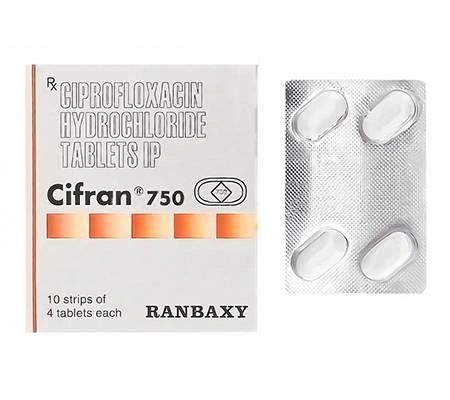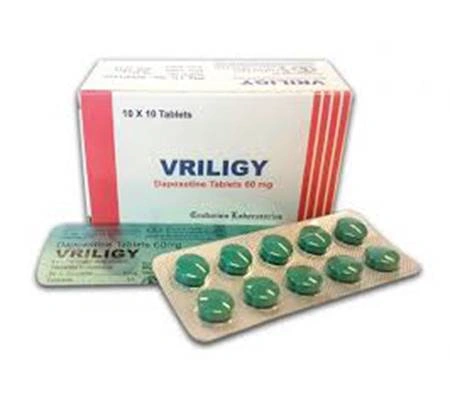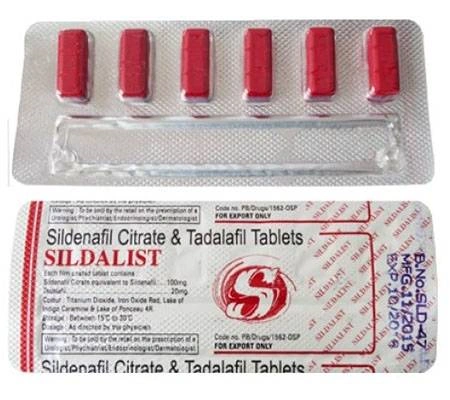Diflucan (fluconazole) is an antifungal medication used to treat candidiasis and other fungal infections, including:
- Vaginal, oral, and urinary tract infections
- Pneumonia, peritonitis, and systemic fungal infections
- Cryptococcal meningitis (prevention & treatment)
Mechanism: Disrupts fungal cell membrane formation, killing sensitive fungi.
Dosage & Administration
Adults:
- Vaginal yeast infection: 150 mg single dose
- Oral/throat infections: 50 mg daily for 7-14 days
- Skin infections: 50 mg daily for 2-4 weeks
- Severe systemic infections: 400 mg on Day 1, then 200-400 mg daily for 6-8+ weeks
- Prevention (immunocompromised): 50-400 mg daily
Children (4 weeks - 15 years):
- Mucosal infections: 3 mg/kg once daily
- Systemic infections: 6-12 mg/kg once daily
- Prevention: 3-12 mg/kg daily
Infants (under 4 weeks):
- Same doses as above, but given every 2-3 days
Note:
- Take with or without food, preferably at the same time daily.
- Use the provided measuring spoon for liquid form.
- Improvement typically seen within 24 hours, but complete recovery may take days.
Precautions
- Avoid if allergic to fluconazole or other azole antifungals (e.g., ketoconazole).
- Use cautiously in liver/kidney disease (dose adjustments may be needed).
- May cause dizziness—avoid driving or operating machinery.
- Limit alcohol (increases liver stress).
- Not recommended in pregnancy/breastfeeding without medical advice.
Contraindications
Do not use if you have:
- Severe liver/kidney impairment
- Heart rhythm disorders (QT prolongation risk)
- Low calcium, magnesium, or potassium levels
Possible Side Effects
Common (usually mild):
- Nausea, headache, dizziness
- Diarrhea, stomach pain
- Skin rash, itching
Serious (seek medical help):
- Allergic reactions (swelling, difficulty breathing)
- Liver problems (jaundice, dark urine, abdominal pain)
- Severe skin reactions (blistering, peeling)
- Irregular heartbeat, seizures
Drug Interactions
Diflucan affects many medications, including:
- Blood thinners (warfarin) → Increased bleeding risk
- Diabetes drugs (glyburide, glipizide) → Risk of low blood sugar
- Seizure meds (phenytoin, valproic acid) → Altered levels
- Immunosuppressants (cyclosporine, tacrolimus) → Toxicity risk
- Sedatives (diazepam, midazolam) → Enhanced drowsiness
Consult your doctor before combining with other drugs.
Missed Dose & Overdose
- Missed dose: Take as soon as remembered. Skip if close to the next dose.
- Overdose symptoms: Confusion, hallucinations, irregular heartbeat → Seek emergency care.
Storage
- Keep at 15-25°C (59-77°F) in a dry, dark place.
- Keep away from children and pets.
- Do not use past expiration date.
Note: Always follow your doctor's instructions for safe and effective treatment.





